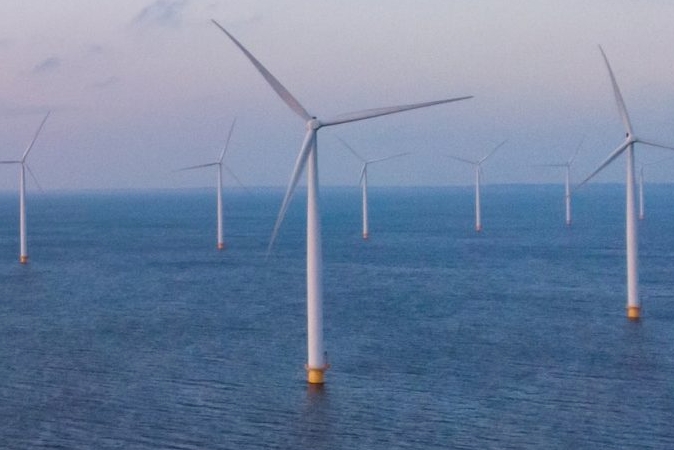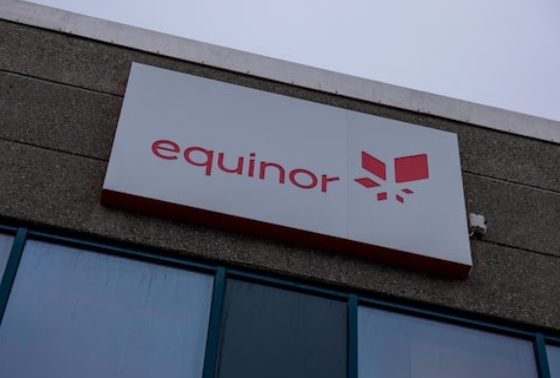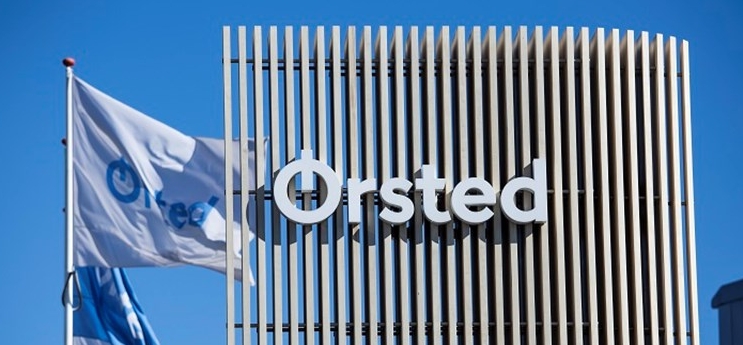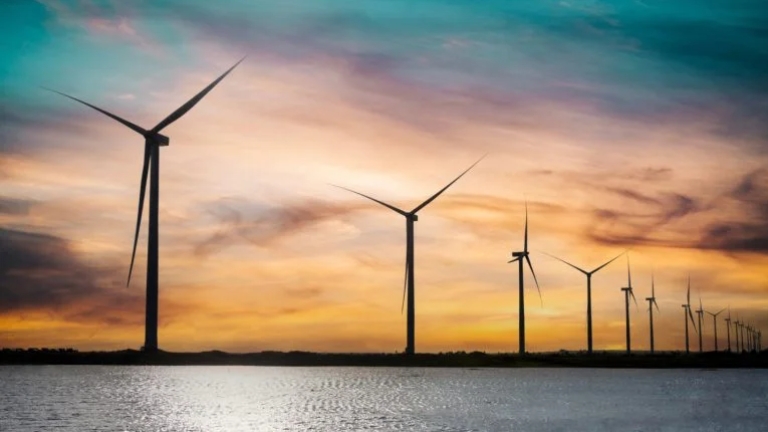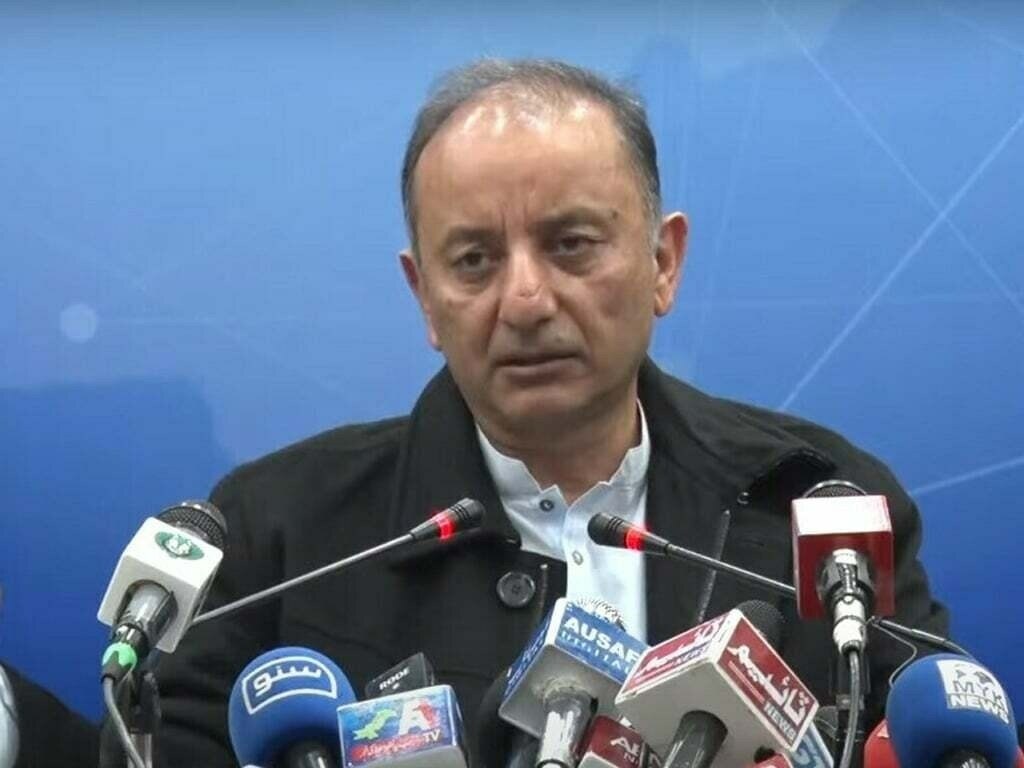 ISLAMABAD: “Pakistan will not just talk green but will achieve a just and clean energy transition, with or without rest of world, for our future generations,” said Dr Musadik Malik, Minister of State for Petroleum Division here on Sunday.
ISLAMABAD: “Pakistan will not just talk green but will achieve a just and clean energy transition, with or without rest of world, for our future generations,” said Dr Musadik Malik, Minister of State for Petroleum Division here on Sunday.He was speaking at a parliamentary consultation titled “ Towards a Sustainable Future: Inclusion of Just Energy Transition and Climate Action in Election Manifestos 2023”, jointly organized by Sustainable Development Policy Institute (SDPI) and Parliamentary Taskforce on SDGs, a news release said.
The State Minister said that Russia-Ukraine crisis caused un-proportional energy inflation for the developing countries, thwarting the clean energy transition and access. Therefore, it is imperative that just and clean energy transition be supported with finance mobilization for developing countries to enable technology transfer and indigenous development, he said and stressed that accountability for clean energy transition should be extended equally across the table, and not just on developing countries.
Dr Musadik emphasized that Petroleum companies in Pakistan including Oil and Gas Development Company Limited (OGDCL), Pakistan Petroleum Limited (PPL), Pakistan State Oil (PSO) had been urged to transition into energy companies and were looking to invest in renewable energy.
Romina Khurshid Alam, Special Assistant to Prime Minister, emphasized that prioritizing climate action and renewable energy while designing party manifestos can exhibit the commitment to tackling climate change and can strengthen Pakistan’s position in international climate finance partnerships. Clean energy solutions, just energy transition and climate action in election manifestos are not only crucial in addressing the climate crisis but demonstrate commitment to deliver social justice, economic growth and global leadership, she said. She also proposed a resolution to phase out fossil fuel in collaboration with SDPI.
Senator Taj Haider emphasized on addressing the policy inconsistency in energy sector of Pakistan to ensure a rapid off take of RE in Pakistan. He said that 3000MW electricity was generated from wind and solar at Jhimpir but poor transition infrastructure hindered supply to other areas and these issues were impeding foreign investor interest in wind and solar power plants. He informed that the Senate had unanimously passed a resolution proposing that industrial areas must be equipped with solar parks. He further said that 50,000 houses had been reconstructed, 200,000 houses had been solarised and out of the 2000 700 reverse osmosis plants were solarised in Sindh after 2020 floods. He urged for improving transmission infrastructure and installing local grid systems to improve energy access in impoverished areas.
Dr Shafqat Munir, Deputy Executive Director, SDPI said that energy, water and agriculture were crucial contemporary issues exacerbated by climate change and SDPI was keen to support policymakers in developing policies for mitigation action and boosting the clean energy transition. He also presented a motion urging the Parliament to address the action gap to ensure the smooth energy transition in favour of renewable energy sources, by advocating the establishment of “International Treaty to phase out fossil fuels”.
